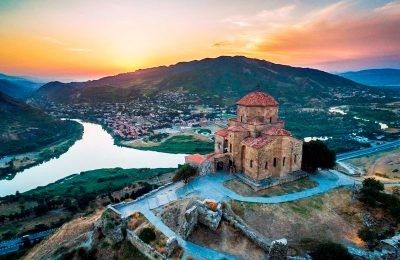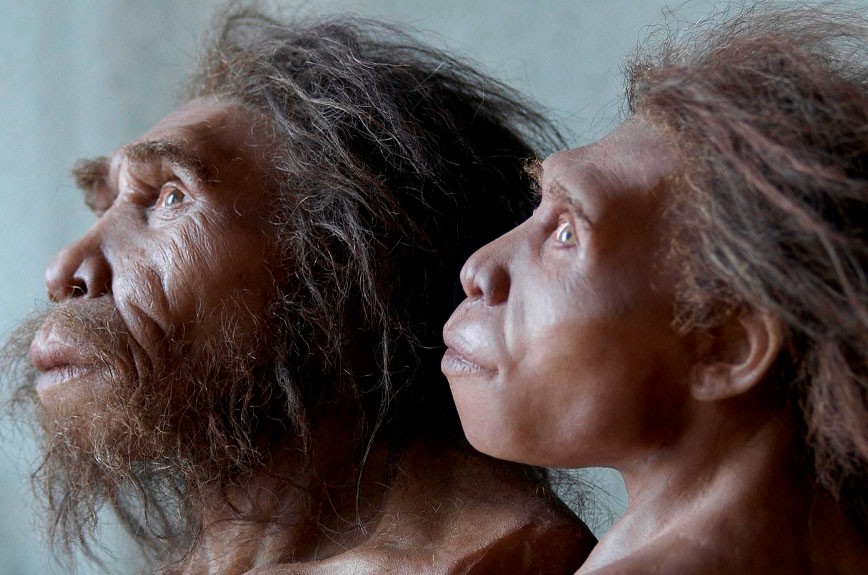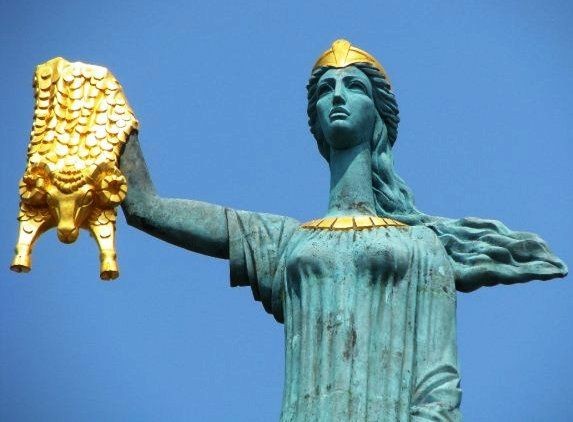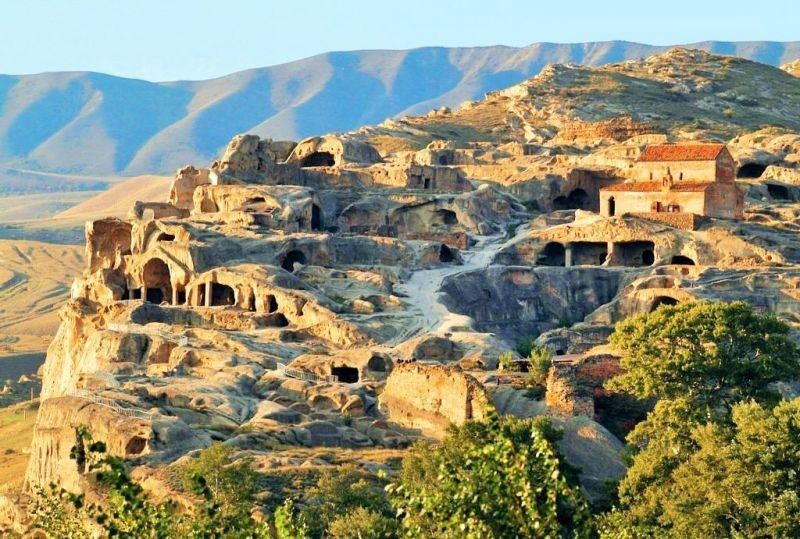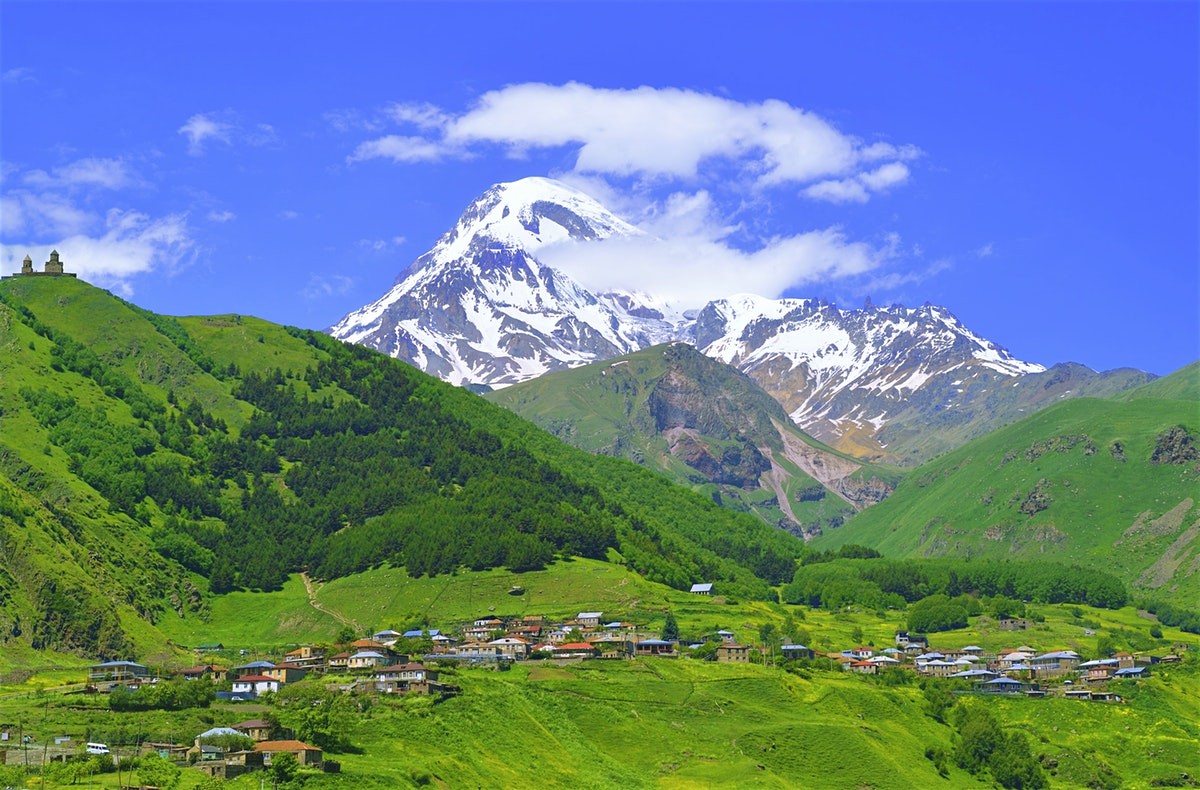At the cross-roads of East and West Georgia is the combination of diversity and uniqueness. It is a small country, but it has towering Great Caucasus Mountains from the North, the Black Sea washing the West coast, the Lesser Caucasus Mountains from the South which make its climate and terrain like no other in the world.
Our ancient history and traditions, beautiful monasteries, UNESCO World Heritage Sites, mouthwatering cuisine, world famous wine and hospitality make Georgia even more special.
Georgia has a welcoming culture which explains its world-famous hospitality. With its own alphabet and language, and many world-famous artists, Georgia will surprise and delight you at every turn.
Area: 69 700sq.km
Language and script: Georgian
Population: 3.8 million (Georgians – 85%, Azeris – 7%, Armenians – 6%, Russians – 2%)
Religion: Orthodox Christian, Muslim, Catholic, Jewish, Armenian Gregorian
Time zone: + 4 hrs GMT
Climate: Subtropical in West Georgia, Continental in East Georgia
Capital: Tbilisi (1.4 million population)
Highest peak: Shkhara 5068m
Longest river: Alazani 397 km
Largest lake: Paravani 38 sq.km, depth – 3.3m, 2073m above sea-level
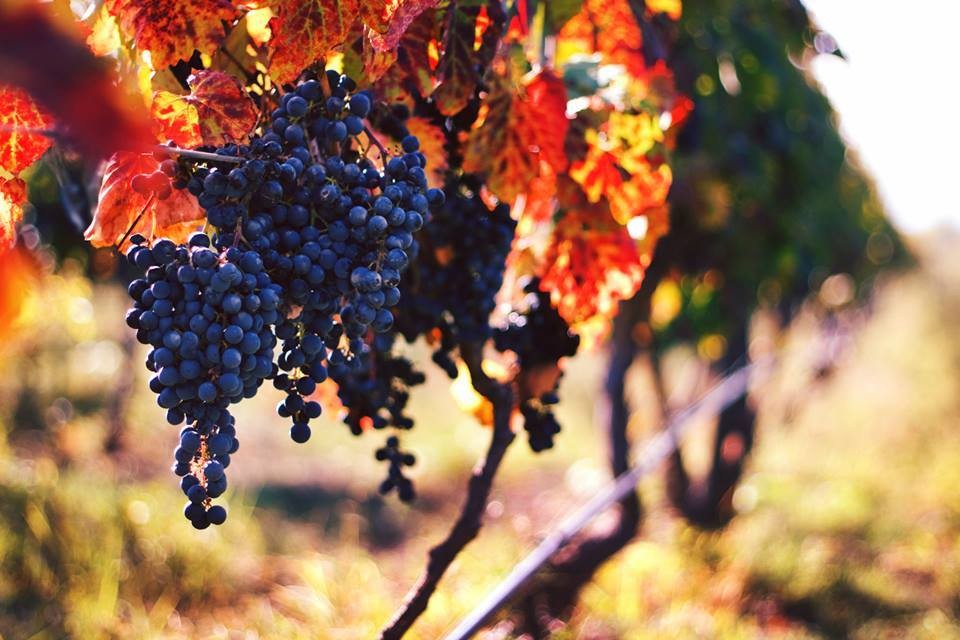
Cradle of Wine
Nothing tells you more about the spirit and culture of a country than its native food and wine. And Georgia’s food and wine is amongst the best in the world. It may surprise you to know that Georgia has the oldest continuous unbroken tradition of wine making in the world, stretching back over 8,000 years and today, there are more than 500 indigenous grape varieties still cultivated here. A quick look at its geographical position and its landscape shows you why it is the perfect place to grow grapes.

Cuisine
Georgian cuisine offers a variety of dishes, with liberal use of various tasty herbs and spices. Each historical province of Georgia has its own distinct culinary tradition, such as Megrelian, Kakhetian, and Imeretian cuisines. And while meat is widely used in Georgian cuisine, very close attention is also paid to the locally produced salads, vegetables, fruit and greens.
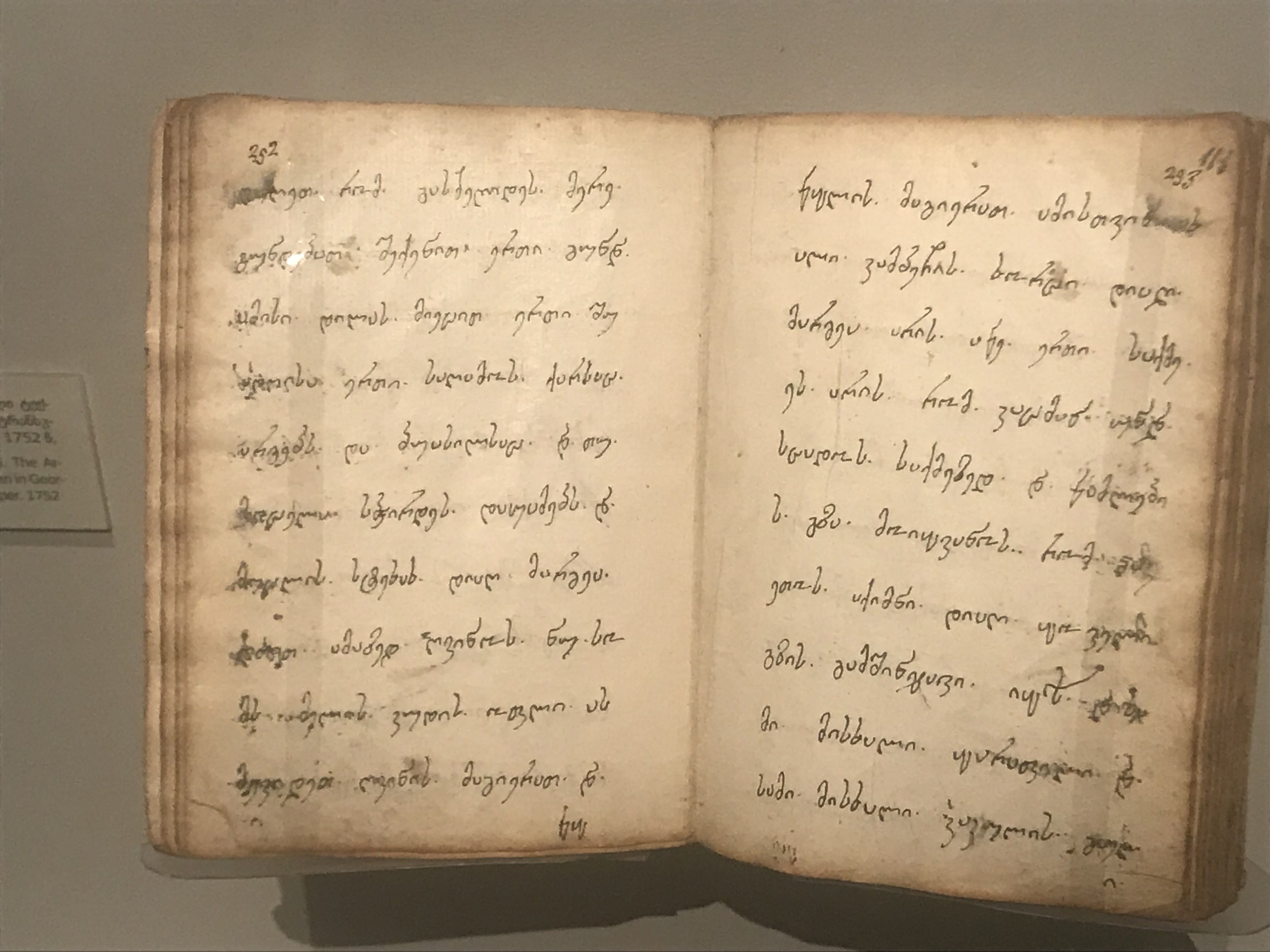
Alphabet
Georgian alphabet is among the 14 existing alphabets in the world. Georgian language was created from 4 Kartevlian languages out of which 2 no more exist and 2 are still spoken in Georgia (Megrelian and Svanetian). The language belongs to Iberian-Caucasian language family and the alphabet consists of 33 letters with 33 corresponding sounds.
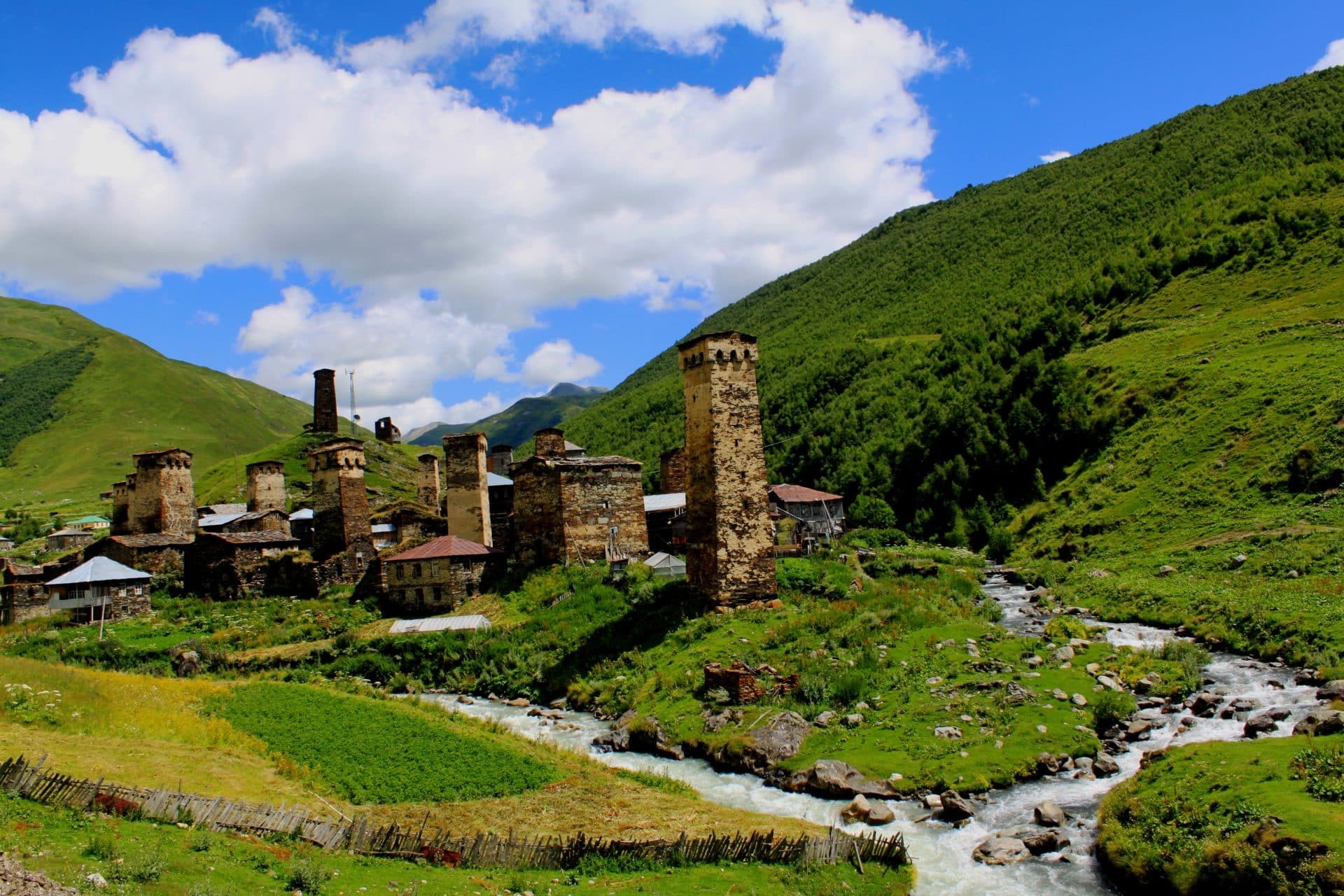
UNESCO
Georgia’s UNESCO list doesn’t only include material sites but also intangible cultural heritage such as Georgian Folklore with polyphonic singing and glazing dances and the ancient tradition of Qvevri wine making.
Among the UNESCO Heritage Sites are Jvari Monastery (6th century), Svetitskhiveli Cathedral (11th century), the highest permanently inhabited village Ushguli (2200 m) and Gelati academy and monastery (12th century).






